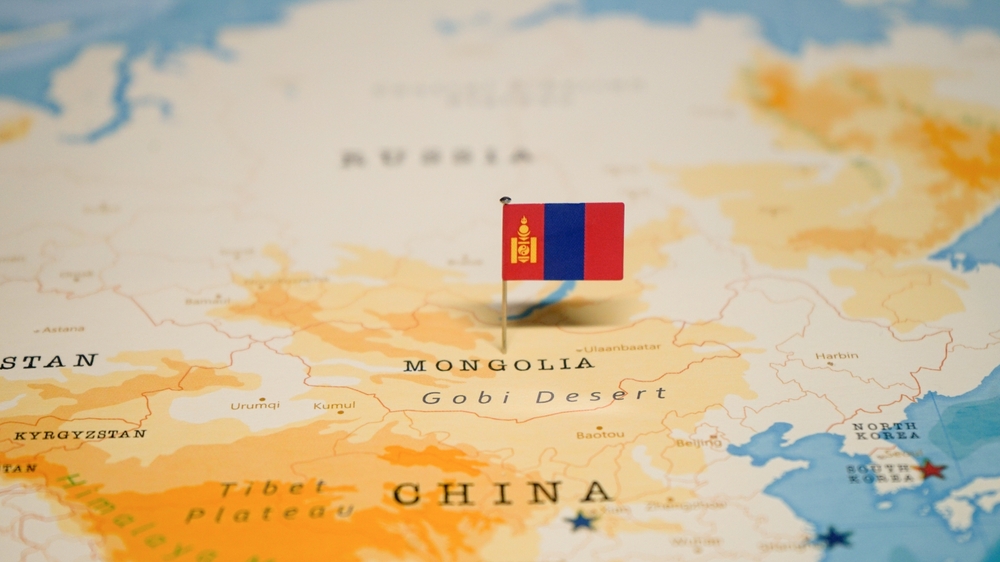New WTO negotiations, but the harmonisation of national regulations deals a blow to democracy.
When fresh World Trade Organisation (WTO) negotiations start in mid-September in Cancun Mexico they will include discussions on foreign investments. This could lead to a breakthrough in the area of development for many countries as investments can provide a significant stimulus to weak economies. But critics from all corners of the globe are worried that the current plans will lead to a deterioration in democracy.
In Cancun statesmen will consider a new investment treaty that will supersede national law. Legislation that now protects the land, food safety, labour rights or local economies could then be challenged by companies. The verdict – to be delivered by the WTO – will likely be a choice that promises little reward for democracy: either financial compensation for companies’ missed profits or adjusting the law so that businesses can continue to do as they please.
Currently, national laws are often divergent. Which is logical, when one considers that they have been formulated by national governments that operate within their own borders and are monitored by representatives of their own people. As a result, there are differences in such areas as tax levies, environmental rules or access to education and health care. But globalisation is eradicating borders between national governments, the idea being that money and goods should be able to travel the world over, unhindered. Therefore, striving towards harmonisation of regulations has a certain logic.
During the upcoming talks, the European Union and United States will try to proceed straight into the negotiation phase. If they are successful, it will only be a question of time before companies can successfully lodge a complaint against governments to have environmental regulations lifted. It may mean the end to legal protection of food safety. Your government may be banned from spending its tax money to – let’s say – stimulate employment at local companies, while favouring foreign firms. In short, the agreement would mean that citizens’ voices would be drowned out by companies’ calls for more ways to maximise profits.
Paul Kingsnorth, author of the recently released ‘One No, Many Yesses’, calls the investment discussions ‘dangerous’ and ‘controversial’. Just ask the residents of Canada what such an investment treaty means in practice, suggests Kingsnorth in The Ecologist (June 2003). For some time now, Canadians, along with the Americans and Mexicans, have been living under NAFTA, the North American Free Trade Agreement, whose famous ‘chapter 11’ guarantees investors’ rights. Companies have used this clause several times to undermine national environmental and health care regulations. The American company Ethyl used this chapter to force the Canadian government to lift the ban on Ethyl’s gasoline additive MMT, which Canadian Prime Minister Jean Chretien called a ‘dangerous neurotoxin’. He backed down, however, when Ethyl threatened to lodge a complaint against his government. The ban was lifted and Ethyl was awarded US$13 million in compensation and an apology.
Milieudefensie Magazine (July/August 2003), the Dutch affiliate of the international Friends of the Earth movement, adds that countries will no longer be able to demand multinationals to use clean technologies or to hire workers against fair conditions. Some countries – like China, India and Pakistan – fear their economies will be hollowed out, because the new proposals will mean that they will no longer be able to force multinationals to hire local staff or to use local technology.
There is even more cause for suspicion among developing countries heading for the WTO talks in Cancun. Aileen Kwa, affiliated to Focus on the Global South, describes in ATTAC Weekly Newsletter (June 11, 2003) how a group of fifteen developing countries – including Honduras, Indonesia, Kenya and Uganda – presented a proposal last year on the decision-making process. Among other things, they appealed for consensus, for providing members the opportunity to express their opinion on proposals and for sufficient time to study documents. Kwa called the list of proposals ‘shocking’, not because of what they were demanding, but because they were not already part and parcel of doing business at the international organisation.
When Murasoli Maran served as India’s Trade Minister, he was amazed at how decisions were taken within the WTO. Only a handful of WTO members were asked to participate during the last two days of negotiations in Doha in 2001. Maran said one session lasted for 38 hours straight, during which new texts were continually produced without being discussed by the various delegations and without making clear who had produced them. Suddenly, 15 minutes before the deadline – ‘like a magician pulling a rabbit out of his hat’ a concluding statement was presented and that was that. During a speech at the India Economic Summit, the annual Indian appendage to the World Economic Forum, Maran said, ‘With pain and anguish, I would say that any system which in the last minute forces many developing countries to accept texts in areas of crucial importance to them cannot be a fair system.’











